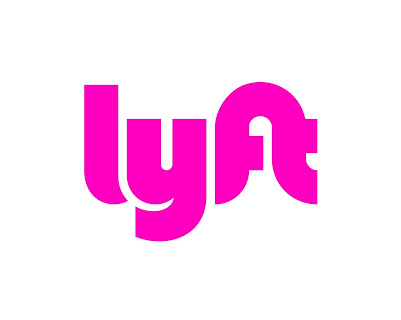- GeneralM&A
- April 27, 2021
- 5 minutes read
Like Uber, Rival Lyft Sells Off Self-Driving Business
The main rival of ridesharing heavyweight Uber in the US, Lyft, has followed Uber’s footsteps with the sell-off of its…
The main rival of ridesharing heavyweight Uber in the US, Lyft, has followed Uber’s footsteps with the sell-off of its self-driving business to an outsider. It’s sealed a deal to sell its self-driving business to a subsidiary of Japanese automaker Toyota.
- Woven Planet Holdings, a subsidiary of Toyota, will pay $550 million in cash to takeover Lyft’s self-driving division. Out of that amount, $200 million will be paid upfront while the remaining $350 million gets split into payments over a five-year period.
- Lyft’s deal with Toyota mimics that of its main rival Uber which agreed to a deal to sell off its self-driving business to a well-funded startup named Aurora. Unlike Uber, however, Lyft’s sell-off is structured as one where it’ll receive a cash payment for the sale and hand off the unit rather than taking an equity stake in the acquiring company as Uber did.
- When Uber sold its self-driving business to Aurora, it came out with a 26% ownership stake in the company. Under the sale terms, it handed over its self-driving division to Aurora then invested an additional $400 million in the company. It’s different in Lyft’s case as the company is receiving lump-sum cash payments from its deal and not taking any ownership stake in the acquirer.
- Woven Planet is a Toyota subsidiary established just this year as an extension of the Toyota Research Institute. It’s a vehicle through which Toyota has decided to make investments in futuristic sectors like automated driving and robotics, with the Lyft deal being a testament to that. Just last month, the same Toyota division invested in self-driving startup Nuro.
- With the sale to Woven Planet, current employees of Lyft’s self-driving division will be joining Toyota to continue their work on the technology. The sale doesn’t imply Lyft backing out of the self-driving industry entirely as its terms include multi-year commercial agreements between both firms to continue working on self-driving tech.
- Lyft’s self-driving business was bleeding money and making no revenue so it’s no surprise the company has moved to sell it to an outsider. As Lyft itself notes, the sale of the unit is expected to cut down annual costs to the tune of $100 million, a significant amount to the company’s quest for profitability.
- The pandemic of 2020 affected Lyft’s business much negatively such that its annual revenue slumped from $3.6 billion in 2019 to $2.4 billion in 2020. The company’s net loss for 2020 was $1.8 billion compared to $2.6 billion in the previous year.
- The transaction between Lyft and Woven Planet is expected to close in the third quarter of 2021.








